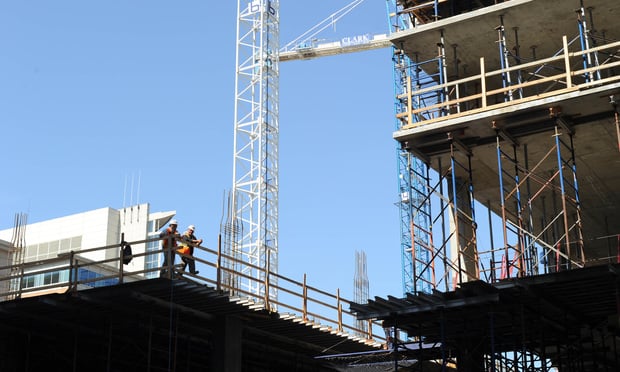NEW YORK CITY—New York City's 421-a Property Tax ExemptionProgram, a measure meant to incentivize residential housingdevelopment, recently expired, only to be renewed withmodifications for four years. While the overhaul of the program haselements that developers should like, Governor AndrewCuomo has made continuation of the law contingent on aprevailing wage negotiation that has the potential to make newrental projects risky.
Created in the 1970's in an effort to spur New York City housingdevelopment and keep city residents from fleeing to the suburbs,the 421-a Property Tax Exemption Program was available formulti-family developments on sites that were either vacant orunderutilized. Under its provisions, landlords were exempt frompaying the increase in property taxes that resulted from their newdevelopments.
Normally, New York City's real estate taxes are calculated basedon an assessed value of the property multiplied by a tax rate.Under the program, if a developer had an empty lot that was used asa parking lot, its assessed value would be calculated on the valueof the land alone. A developer could then build a new residentialbuilding on the site, and be taxed only on the assessed value ofthe original vacant lot. Depending on the lot's location in thecity, these exemptions run from 10 to 25 years (25 years in theouter boroughs or above 110th street in Manhattan).
Continue Reading for Free
Register and gain access to:
- Breaking commercial real estate news and analysis, on-site and via our newsletters and custom alerts
- Educational webcasts, white papers, and ebooks from industry thought leaders
- Critical coverage of the property casualty insurance and financial advisory markets on our other ALM sites, PropertyCasualty360 and ThinkAdvisor
*May exclude premium content
Already have an account?
Sign In Now
© 2024 ALM Global, LLC, All Rights Reserved. Request academic re-use from www.copyright.com. All other uses, submit a request to [email protected]. For more information visit Asset & Logo Licensing.








